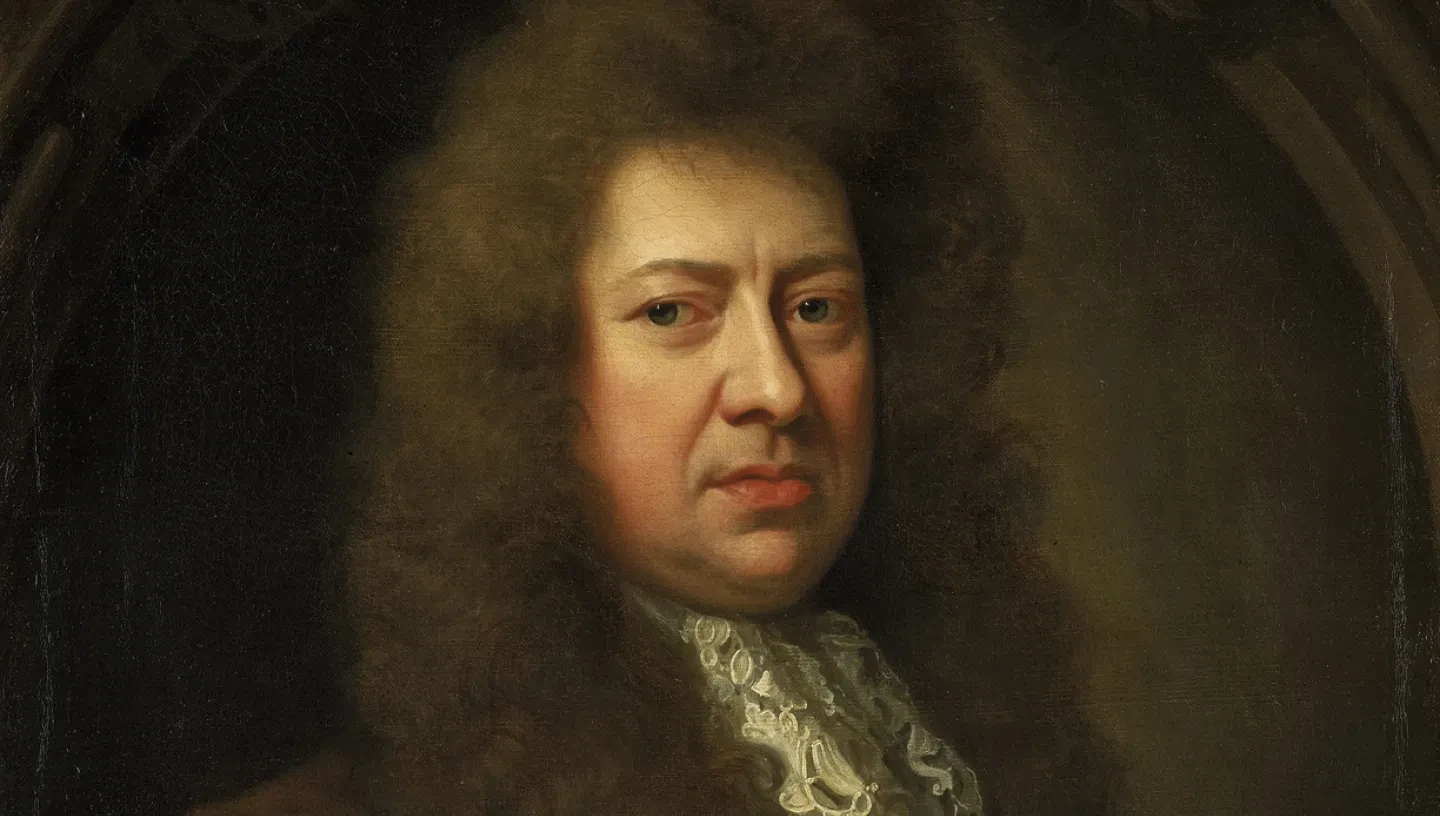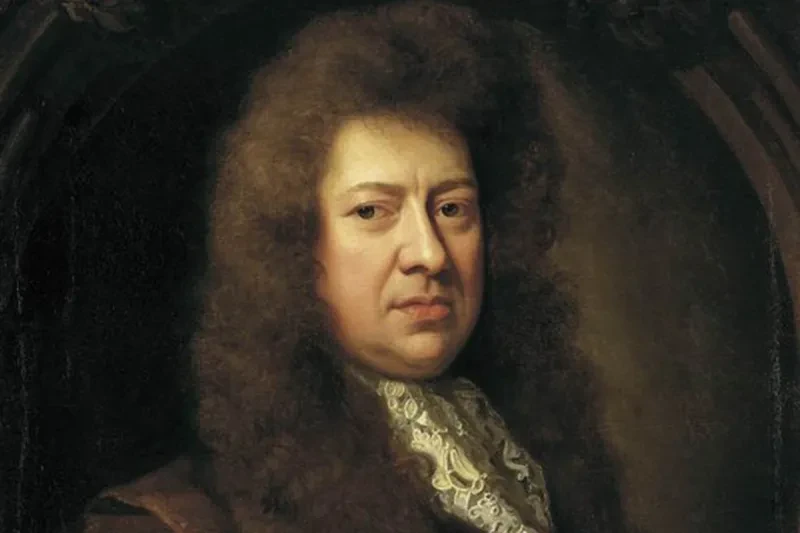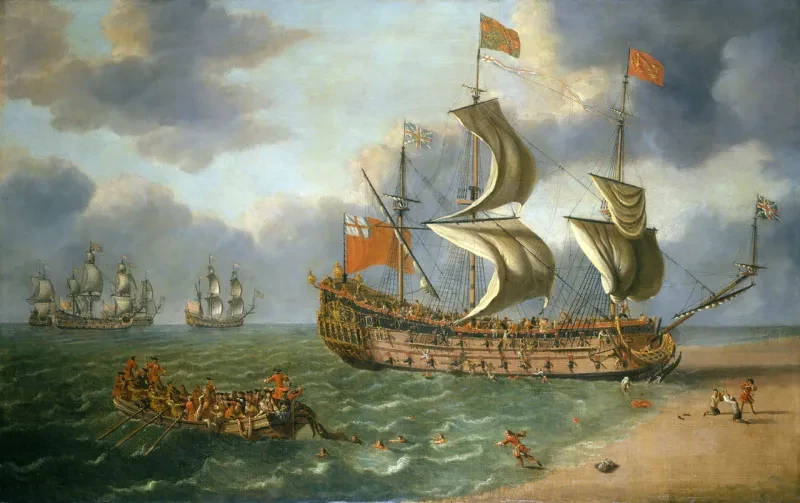
Samuel Pepys, the famous 17th century British diarist, helped to establish the Navy and is often described as ‘the father of the modern Royal Navy’.
Samuel Pepys (1633–1703) was hugely influential in the establishment of the British Royal Navy. It was due to his hard work and organisation that the Navy began to change in the 17th century from a corrupt and inefficient service into a powerful fighting force.
Who was Samuel Pepys?
Samuel Pepys was born a tailor's son. His cousin, Edward Viscount Montagu helped him get his first post with the Navy Board (a Government office responsible for the provisioning and maintenance of ships). When Pepys started his job as Clerk of the Acts to the Kings’ Ships, he knew nothing of ships or seamanship, but in time, his enquiring mind, hard work and concern for detail made him the most influential man in the administration of the Royal Navy.
Why is his diary so famous?
From 1660–69, Pepys kept a diary, which recorded daily life and contemporary gossip as well as his work for the Navy. The diary is notable as it provides a record of some very important events in English history, including the Restoration of Charles II in 1660; the Great Plague of 1665; and the Great Fire of London in 1666. Pepys is also noteworthy as a source of information on the Second Anglo-Dutch War of 1665–67, a seaborne conflict in which he was deeply involved as a Navy official.
What changes did Pepys introduce to the Navy?
Pepys discovered that cheating and theft had ruined standards of supplies and shipbuilding. After the Third Anglo-Dutch War (1672–74), sailors complained their food was so bad that it included mouldy bread and diseased meat. Pepys met with suppliers and agreed rules about the standard of food to make up crews’ rations. Every day, sailors were to get one gallon of beer, 500g of biscuit, 100g of salt beef or fish, butter and cheese. The absence of fresh fruit and vegetables ensured that the terrible disease of scurvy would continue.
He was also determined that naval commanders should have more experience of the sea. In 1677, he created the first exams, including some for mathematics and navigation, for would-be lieutenants. At the same time, he set standards for ships' surgeons, pursers and even parsons. Pepys also tried to tackle the problem of sailors’ pay.
What advances were made in shipbuilding in this period?
The 17th century was a great age of scientific and technological enquiry. One result of this was an improvement in ship design. The great naval dockyards such as Deptford and Woolwich produced warships that sailed more efficiently and could carry more guns and provisions.
Did navigation also improve?
The same spirit of the age that made Pepys stress the need for a ‘scientific and mathematick approach to navigation’ led to the building of the Royal Observatory at Greenwich in 1675. Study of the stars helped develop new sea routes and greater accuracy in navigating the seas.

